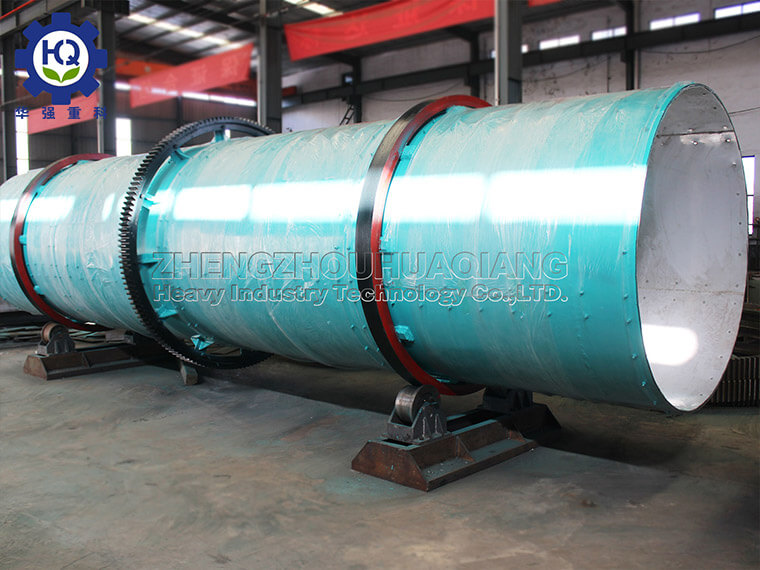The drum granulation method is a method of mixing and granulating powdery basic fertilizers using a rotary drum granulator, and is especially suitable for large-scale production of cold and hot compound fertilizer granulation lines and high-low concentration npk production line. The main working method is wet granulation. Principle: each basic fertilizer is first screened separately, and the screened material is crushed by a crusher and then screened. The undersieves are sent to their respective warehouses. When the granulation system is running, all basic fertilizers are sent into the hopper from their respective warehouses in proportion to requirements through metering equipment, conveying equipment and lifting equipment at the same time. At the same time, the return material also enters the warehouse through the lifting equipment and basic fertilizer.

The basic fertilizer and the return material are mixed to a certain extent during the transportation and improvement process, but it is more ideal if the mixing equipment can be added. The mixed material in the feeding hopper is fed to the drum granulator at a certain feeding rate. At the same time, the saturated water vapor properly enters under the feed layer, which not only increases the temperature of the material, but also humidifies the material, which is beneficial to granulation. If necessary, spray a small amount of water or fertilizer solution on the material to maintain a good liquid phase for material granulation. The material creates a tumbling bed by means of the friction created as the drum granulator rotates. The extrusion force generated by rolling makes the material containing a certain liquid phase agglomerate into small particles, making these small particles become the core, and attaching to the surrounding powder to produce larger particles.
Because the rotary drum granulator is generally inclined 1°~2.5° towards the discharge end, the powder slowly rolls to the outlet along the inclination direction of the cylinder. Qualified powder leaves the drum granulator and enters the dryer for drying, then goes through screening, cooling, coating, packaging and storage. After crushing, the sieve is fed into the hopper and base fertilizer as return material.